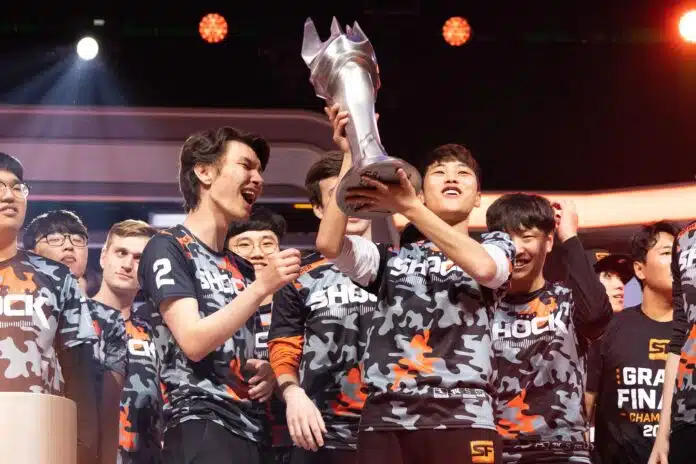To mark the formal recognition of esports in South Korea, the Korea esports Association (KeSPA) was formed in 2000, with its key purpose being to manage and oversee e-sports in the country. It was formed under the Ministry of Culture, Sports, and Tourism. Currently, it is said to manage approximately 25 of the country’s major e-sports games, amongst them being LoL, CS: GO, Starcraft II, and DOTA 2.
Although, the origins of esports in the world can be traced to as far back as the 1960s, according to reports. In South Korea, there was initial reluctance to the concept of e-sports, as the older generations had very little regard for it. They were of the belief that it was detrimental to the development of children and that it did not promote any form of success, especially academic success.
Despite this, Korea has been forging ahead with its efforts to populate esports and cement its place in society. This is why it has managed to produce some of the most notable global e-sports stars and legends.
Amongst those acclaimed stars and legends are the likes of Lee “Faker” Sang-Hyeok, Lee “Duke” Ho-Seong, Cho “Maru” Sung-Choo, and Bae “Bang” Jun-Sik, just to name a few. Faker is said to have earned an estimated $1.26 million in prize money as at September 2021, making him the top South Korean earner of prize money from e-sport tournaments.
Understanding that no industry operates in isolation, especially one as popular as gaming, it goes without saying that the forex impact in financial markets cannot be denied. For example, the need to exchange foreign currencies for the awarding of prize money is one way in which economies of the world continue to work hand-in-hand and establish international relations.
Latest developments
Despite the initial hesitance from some to fully embrace e-sports in Korea, that appears to be changing over time. One particular teenage South Korean gamer, Yoon Ki-Chan, has been making headlines for boosting investor confidence in his abilities and the growth of e-sports in the country.
The teenage sensation has aspirations of becoming a pro LoL player, which is why he claims to get approximately three hours of sleep each day as he dedicates as much time as he possibly can to playing online games to hone his skills. In light of this, corporate investors and private educational institutions are said to be jumping on the bandwagon and rallying behind emerging talent.
This is proof of the strides that the country is making in celebrating and investing in e-sports talents, with the hopes that they will go on to make a name for themselves in the industry and be named amongst the greats. Moreover, another notable feat is that the country recently announced that it would be doing away with a law that prohibited those below that age of 16 from playing online games on their computers between midnight and 06:00.
However, writings on the matter suggest that some opted to play them on their mobile phones instead. The law has reportedly been around for 10 years, and the move to ease the restriction was announced in August 2021.




